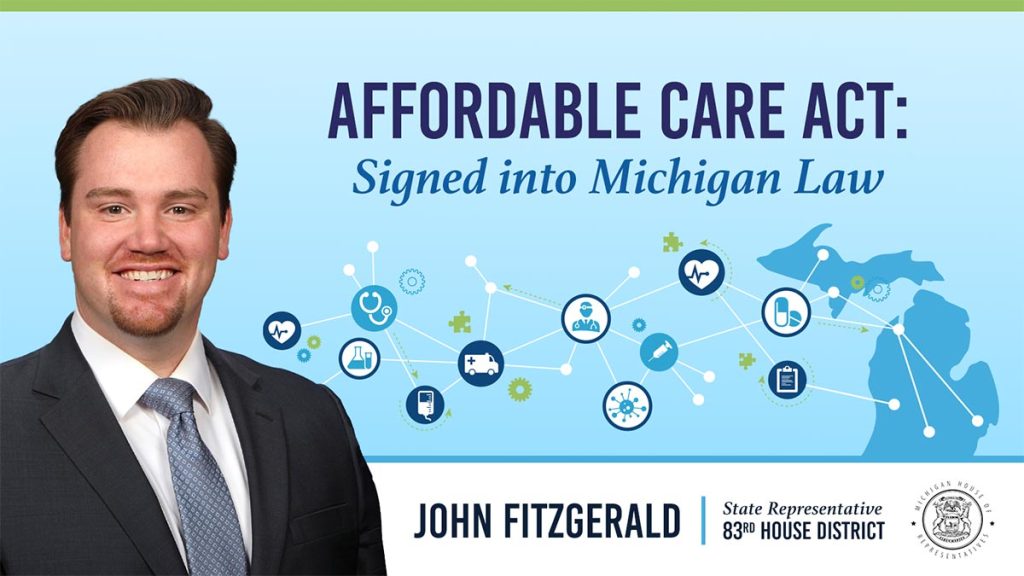Affordable Care Act Mandates Fuel Insurance Consolidation, Says Senator

Senator Mark Wayne Mullin, R-Oklahoma said that mandates under the Affordable Care Act and subsequent federal actions helped drive consolidation in the insurance industry, higher premiums, and resulting financial profit for major health carriers. He explained that federal mandates under the Affordable Care Act contributed to rapid insurer growth while limiting consumer choice. “Well, any regulation and mandate you put on any corporation, I don’t care what the corporation is, especially healthcare. They’re going to pass that cost on to the individual,” he said. Mullin argued that mandated coverage categories drove premiums upward by removing the ability to tailor plans. He pointed to maternity, preexisting condition coverage, catastrophe protections, and prescription drug requirements as examples of benefits that insurers had to offer in every policy. “When you start making every premium have to cover maternity, well, I don’t need that. My wife [and I] have six kids. We’re not having any more kids, [so we don’t need] that,” he said. “When you start having every premium cover preexisting conditions, when you start having every premium cover catastrophe, when you start having every premium cover X amount of prescription drugs, every time you do that, they assume that even the healthy individual and the person that’s not healthy, they’re going to be using the coverage,” Mullin said. According to Mullin, this led companies to charge “everybody a premium price to cover the mandates, rather than the insurance being able to be written for the individual.” “And then on top of that, you had the Democrats that decided to go out and say, hey, since it’s so expensive and, 2021, because of COVID, we’re simply going to do a premium tax, and we’re going to pay the insurance companies to keep their premiums low. But that didn’t happen either. We still saw the increase,” he said. Mullin said these economic and regulatory pressures drove consolidation. “And so what’s happened is, the insurance companies have consolidated. Instead of being more choices, they’ve become more vertically inclined, where they’re buying drug companies, they’re buying pharmacists, they’re buying hospitals. They’re hiring doctors directly, and they’re constantly denying claims,” he said. He added that the shift has allowed insurers to generate even greater revenue. “And every time they do that, they’re making more and more money, which, listen, I’m not against private companies making money, but taxpayers shouldn’t be subsidizing them at the same time,” Mullin said.
Republicans continue to debate the future of Affordable Care Act premium subsidies, which expire in less than six weeks. Without an agreement, about 22 million Americans could see significant price increases. The GOP is divided over extending subsidies or shifting aid directly to consumers, as President Donald Trump advocates. A Senate vote is expected in mid-December, but both parties face slim chances of passing any plan before 2026 coverage starts.




